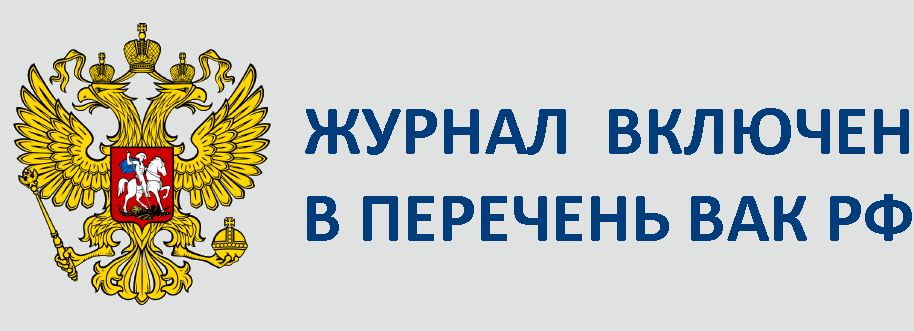№4-2024-18
DOI:10.22281/2413-9912-2024-08-04-142-148
Suleiman A.A.
COMPARATIVE ANALYSIS OF SYRIAN AND IRAQI KURDISTAN: CHALLENGES
AND PROSPECTS OF STATE BUILDING
This article analyzes the emergence of governments autonomous from Syria and Iraq, which represent the ethnic and cultural minority of Kurds living in these territories. The study of this issue affects not only the historical and political aspects, but also the ideological foundation of both political autonomies. If the political forces of Iraqi Kurdistan adhere to the views on the creation of a national state, then their colleagues from Syria have a completely different view on the construction of a new society, having adopted the views of Abdullah Ocalan, the leader of the Kurdistan Workers’ Party, as an ideal. Different party configurations have developed in the two political autonomies: in Iraq, the Kurdish political autonomy is based on cooperation and competition between several party organizations, and in Syria, a de facto party monopoly has formed. In Iraqi Kurdistan, the ideological basis of the political struggle is made up of various forms of nationalism, which push the autonomy to search for ways to proclaim and consolidate independence. In contrast, in Syria, Kurdish autonomy is based on leftist ideas of resistance to various forms of exploitation and therefore challenges the need for independence and the state in its current form. Taken together, this configuration makes the two political projects weakly compatible and makes it impossible for either to achieve the desired fixed status in the Middle East.
Keywords: Kurdistan, Rojava, Kurds, Iraq, Syria, stateness, Abdullah Ocalan, secessionism.
Института международных исследований МГИМО МИД России, Российский Совет по международным делам (Россия),
Institute for International Studies of MGIMO-University, Russian International Affairs Council (Russia).
Читать статью (pdf-файл)
Это произведение доступно по лицензии Creative Commons «Attribution-ShareAlike» («Атрибуция — На тех же условиях») 4.0 Всемирная






